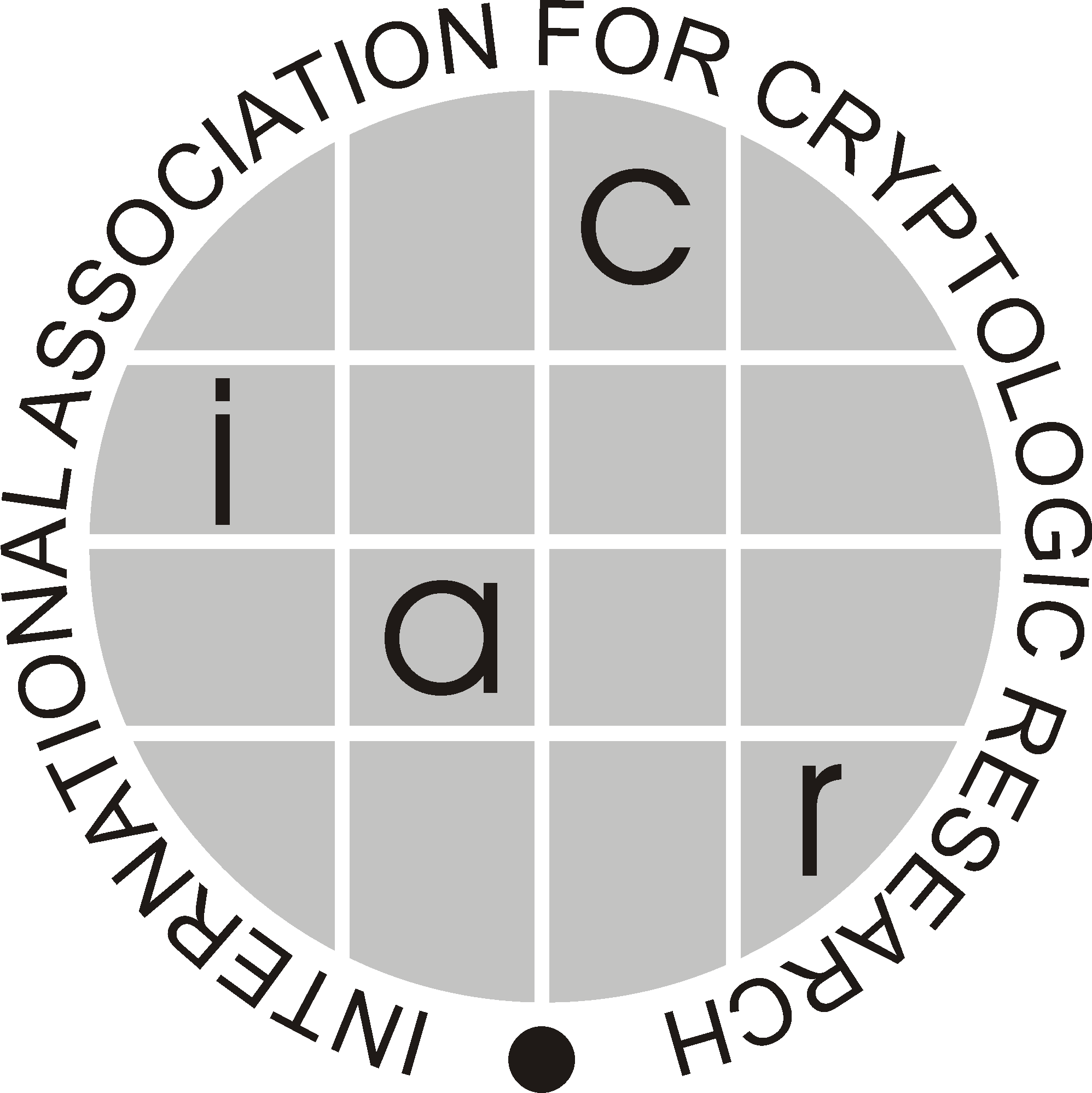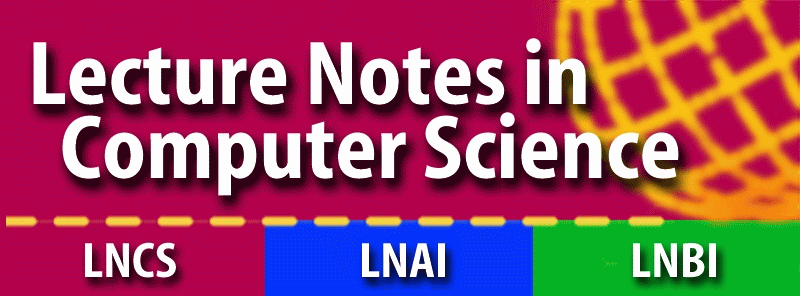SAC Summer School (S3)
Schedule
The schedule for S3 is now available as a PDF:
S3 Schedule
Note that there is a Welcome Reception at 5:30 on Sunday, Aug. 7 in Hatcher House (West Room).
Secure and Efficient Implementation of Cryptographic Algorithms

The purpose of S3 is to provide participants with an opportunity to gain in-depth knowledge of specific areas of cryptography related to the current SAC topics by bringing together world-class researchers who will give extended talks of about ½ half day in their areas of specialty. S3 is designed to create a focused learning environment that is also relaxed and collaborative. The SAC Summer School is open to all attendees, and may be of particular interest to students, postdocs, and other early researchers.
S3 will take place at Memorial University from August 8–9, immediately before SAC. To register for S3, please visit the SAC registration page.
The theme for the school this year is “Secure and Efficient Implementation of Cryptographic Algorithms” and will be comprised of the following talks and speakers:
- Hardware Implementation of Public Key Cryptography
- Tim Güneysu, University of Bremen & DFKI, Germany
- Software Implementation of Public Key Cryptography
- Patrick Longa, Microsoft Research, USA
- Secure Hardware Implementation of Symmetric Key Ciphers (Including Side Channel Resistance)
- Francesco Regazzoni, ALaRI - USI, Lugano, Switzerland
- Implementation and Analysis of Cryptographic Protocols
- Douglas Stebila, McMaster University, Canada
Tim Güneysu
University of Bremen & DFKI, Germany
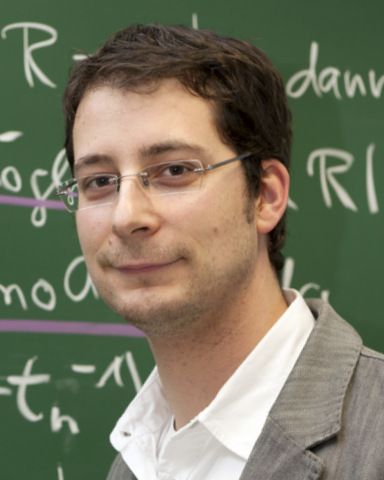 Tim Güneysu is an associate professor and head of the research group for
Computer Engineering and IT-Security (CEITS) at University of Bremen.
His group was established in corporation with the German Research Center for
Artificial Intelligence (DFKI) as part of Germany’s Excellence Initiative.
Tim’s primary research topics are in the secure design and implementation of
embedded and hardware-based systems, including aspects such as long-term secure
cryptography, lightweight and hardware-entangled cryptography.
He was a leading developer of the FPGA-based COPACOBANA cluster system that was
specifically designed for the task of cryptanalysis.
Prior to his current position, Tim was assistant professor and head of the
Hardware Security Group at the HGI at Ruhr-University Bochum.
Tim Güneysu is an associate professor and head of the research group for
Computer Engineering and IT-Security (CEITS) at University of Bremen.
His group was established in corporation with the German Research Center for
Artificial Intelligence (DFKI) as part of Germany’s Excellence Initiative.
Tim’s primary research topics are in the secure design and implementation of
embedded and hardware-based systems, including aspects such as long-term secure
cryptography, lightweight and hardware-entangled cryptography.
He was a leading developer of the FPGA-based COPACOBANA cluster system that was
specifically designed for the task of cryptanalysis.
Prior to his current position, Tim was assistant professor and head of the
Hardware Security Group at the HGI at Ruhr-University Bochum.
Patrick Longa
Microsoft Research, USA
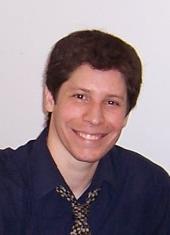 Patrick Longa is a cryptography researcher and developer with the MSR-T Security
and Cryptography Group at
Microsoft Research, in Redmond.
His research interests involve elliptic curve and pairing-based cryptography,
post-quantum cryptography, efficient algorithmic design, computer arithmetic,
high-performance implementation of cryptographic systems, and side-channel
analysis.
He is a co-designer of the elliptic curve FourQ, and has written
numerous high-performance cryptographic libraries including
SIDH,
FourQlib,
LatticeCrypto
and MSR ECCLib.
Patrick got his PhD in Electrical and Computer Engineering from the
University of Waterloo, Canada, in 2011.
During his time at Waterloo, he was also a member of the
Centre for Applied Cryptographic Research (CACR)
and the Laboratory for Side-Channel Security of Embedded Systems.
He was awarded with the NSERC Alexander Graham Bell Canada
Graduate Scholarship.
You can learn more about Patrick at
http://research.microsoft.com/en-us/people/plonga.
Patrick Longa is a cryptography researcher and developer with the MSR-T Security
and Cryptography Group at
Microsoft Research, in Redmond.
His research interests involve elliptic curve and pairing-based cryptography,
post-quantum cryptography, efficient algorithmic design, computer arithmetic,
high-performance implementation of cryptographic systems, and side-channel
analysis.
He is a co-designer of the elliptic curve FourQ, and has written
numerous high-performance cryptographic libraries including
SIDH,
FourQlib,
LatticeCrypto
and MSR ECCLib.
Patrick got his PhD in Electrical and Computer Engineering from the
University of Waterloo, Canada, in 2011.
During his time at Waterloo, he was also a member of the
Centre for Applied Cryptographic Research (CACR)
and the Laboratory for Side-Channel Security of Embedded Systems.
He was awarded with the NSERC Alexander Graham Bell Canada
Graduate Scholarship.
You can learn more about Patrick at
http://research.microsoft.com/en-us/people/plonga.
Francesco Regazzoni
ALaRI - USI, Lugano, Switzerland
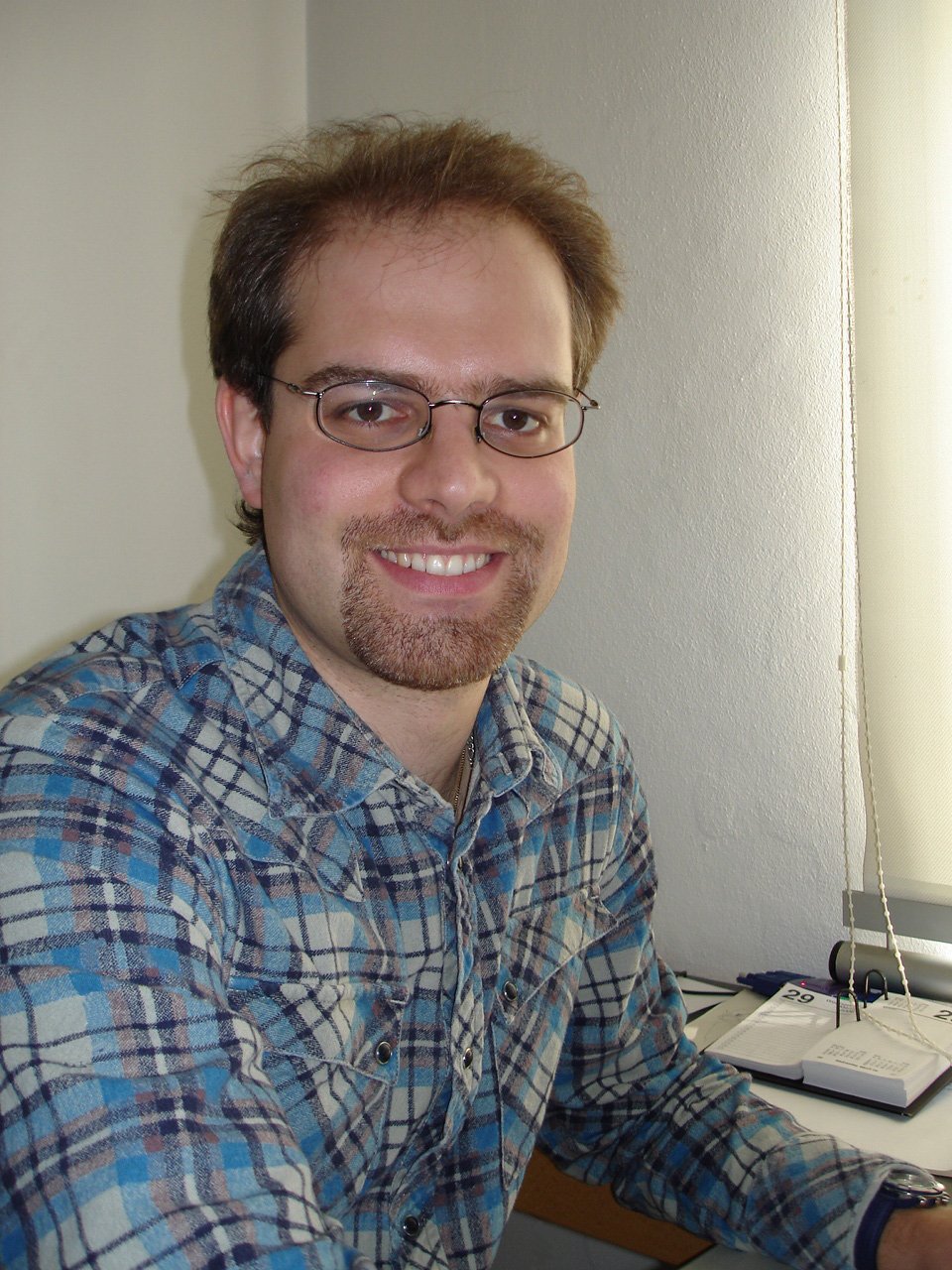 Dr. Francesco Regazzoni is a postdoctoral researcher at the the ALaRI Institute
of University of Lugano (Lugano, Switzerland).
He received his Master of Science degree from Politecnico di Milano and
completed his PhD at the ALaRI Institute of University of Lugano.
He has been assistant researcher at the Université Catholique de Louvain and at
Technical University of Delft, and visiting researcher at several institutions,
including NEC Labs America, Ruhr University of Bochum, EPFL, and NTU.
His research interests are mainly focused on embedded systems security, covering
in particular side channel attacks, electronic design automation for security,
and low energy.
For more information, visit
Francesco Regazzoni’s web page.
Dr. Francesco Regazzoni is a postdoctoral researcher at the the ALaRI Institute
of University of Lugano (Lugano, Switzerland).
He received his Master of Science degree from Politecnico di Milano and
completed his PhD at the ALaRI Institute of University of Lugano.
He has been assistant researcher at the Université Catholique de Louvain and at
Technical University of Delft, and visiting researcher at several institutions,
including NEC Labs America, Ruhr University of Bochum, EPFL, and NTU.
His research interests are mainly focused on embedded systems security, covering
in particular side channel attacks, electronic design automation for security,
and low energy.
For more information, visit
Francesco Regazzoni’s web page.
Douglas Stebila
McMaster University, Canada
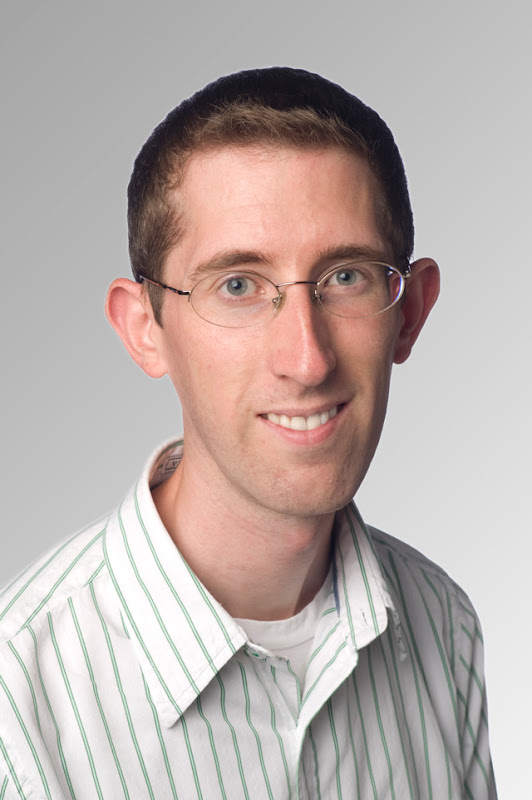 Dr. Douglas Stebila is an Assistant Professor in cryptography at McMaster
University in Hamilton, Ontario, Canada.
His research focuses on improving the security of Internet cryptography
protocols such as SSL/TLS and SSH and developing practical quantum-safe
cryptosystems.
His previous work on the integration and standardization of elliptic curve
cryptography in SSL/TLS has been deployed on hundreds of millions of web
browsers and servers worldwide.
He holds an MSc from the University of Oxford and a PhD from the University of
Waterloo.
Dr. Douglas Stebila is an Assistant Professor in cryptography at McMaster
University in Hamilton, Ontario, Canada.
His research focuses on improving the security of Internet cryptography
protocols such as SSL/TLS and SSH and developing practical quantum-safe
cryptosystems.
His previous work on the integration and standardization of elliptic curve
cryptography in SSL/TLS has been deployed on hundreds of millions of web
browsers and servers worldwide.
He holds an MSc from the University of Oxford and a PhD from the University of
Waterloo.
